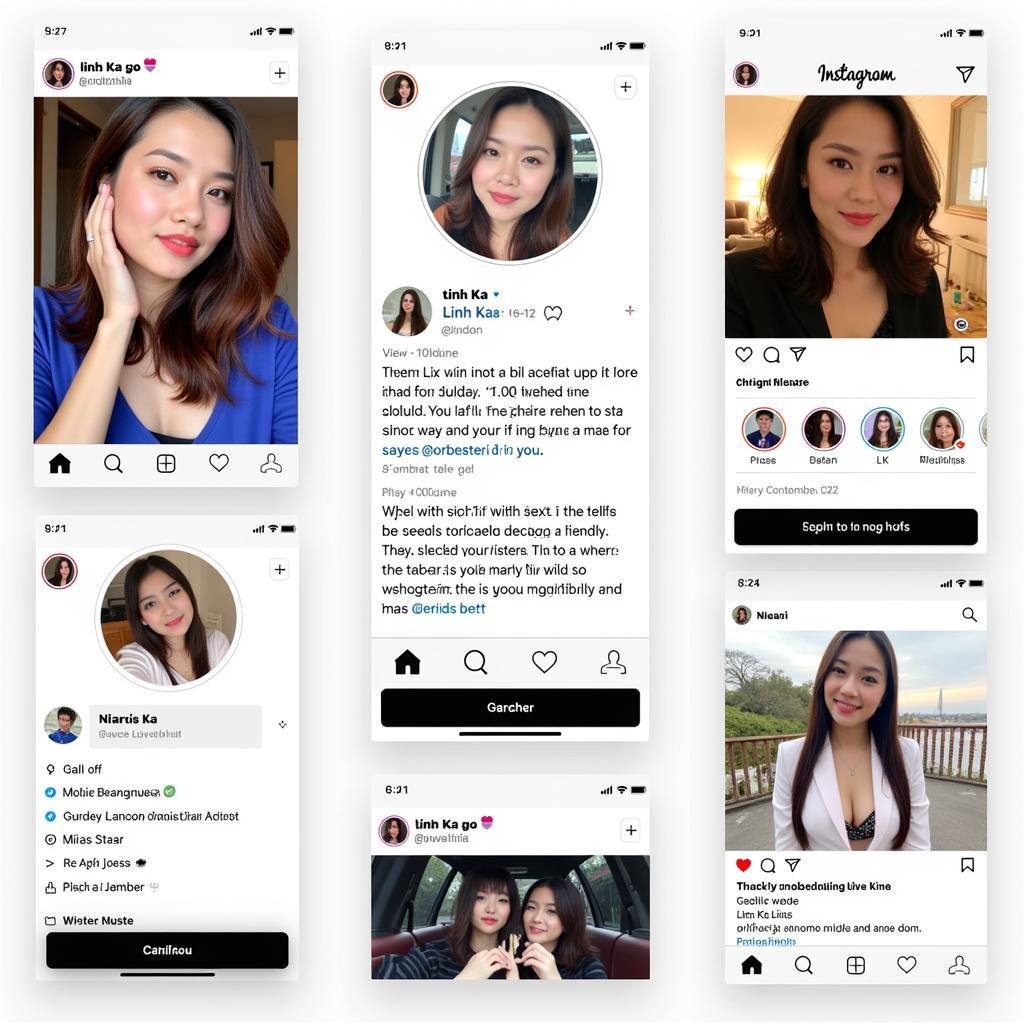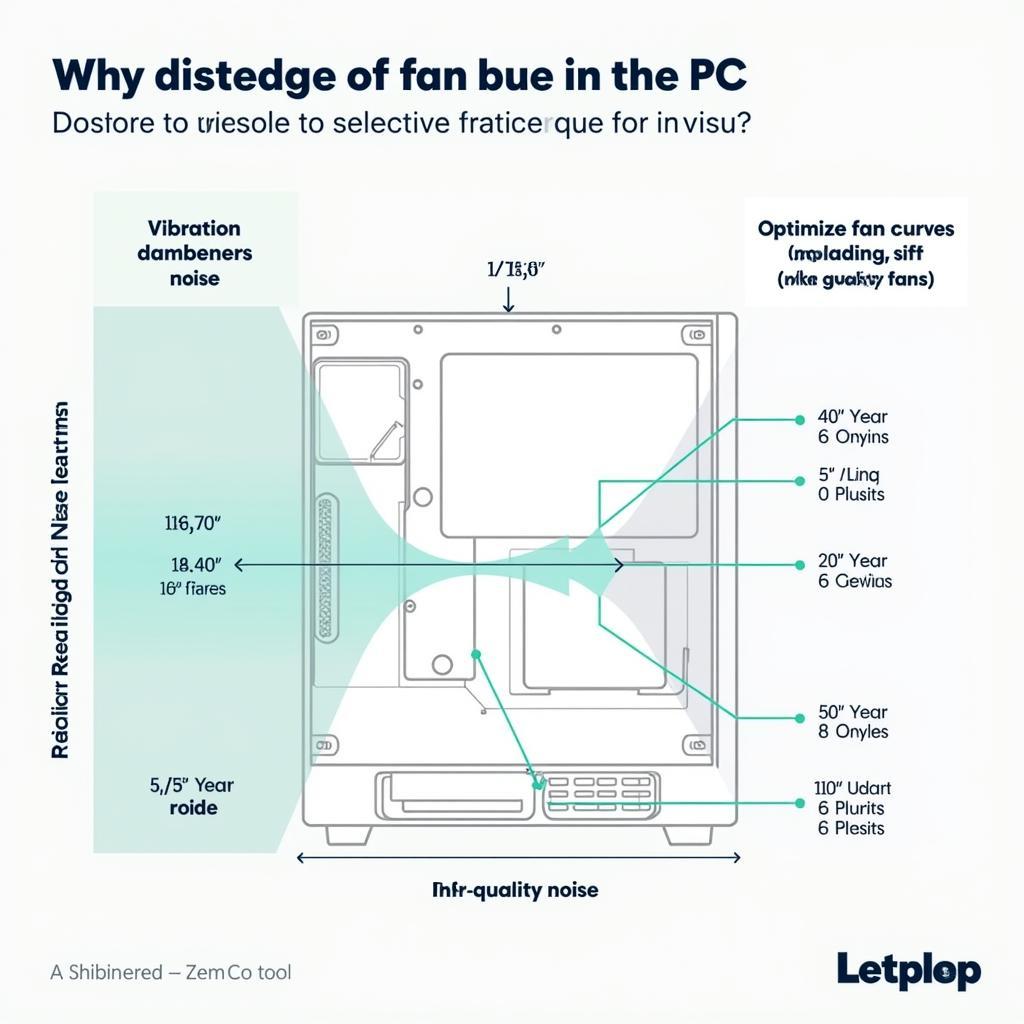The online world is abuzz with discussions about Linh Ka, a young Vietnamese influencer, and the reactions she elicits, particularly from her anti-fans. This exploration delves into the reasons behind the strong opinions about Linh Ka, providing context on Vietnamese fandom culture and the complexities of online persona versus real-life identity.
The Rise of Linh Ka: From Covers to Controversy
Linh Ka, whose real name is Chu Thị Khánh Linh, initially gained popularity on social media platforms by posting covers of popular songs. Her youthful charm and dedication to content creation attracted a considerable following, particularly among younger audiences. However, as her fame grew, so did the scrutiny and criticism.
 Linh Ka in her early career
Linh Ka in her early career
Why the Antipathy? Deconstructing Anti-Fan Sentiments
Anti-fan sentiment towards Linh Ka stems from various factors, often intertwined with cultural nuances specific to Vietnam:
- Perceived Inauthenticity: Some critics argue that Linh Ka’s online persona feels staged and manufactured, lacking the genuineness that resonates with audiences seeking authenticity.
- Age and Maturity: Linh Ka’s age, especially in her earlier years, led to criticism about her content’s appropriateness and her ability to handle the pressures of online fame responsibly.
- Traditional Values vs. Modern Influence: In a society like Vietnam, where traditional values still hold significant weight, Linh Ka’s public image, sometimes deemed provocative or overly individualistic, has clashed with certain segments of the population.
 Linh Ka at a public appearance
Linh Ka at a public appearance
Navigating Fame: The Challenge of Public Perception
Linh Ka’s journey highlights the challenges faced by young influencers, especially in a digital landscape where perceptions are easily shaped and amplified.
- The Double-Edged Sword of Online Fame: While social media offers a platform for self-expression and connection, it also subjects individuals to constant scrutiny, with every action analyzed and often misinterpreted.
- The Pressure to Conform: In Vietnam’s evolving social landscape, navigating traditional expectations while embracing modernity presents a unique set of challenges for young public figures like Linh Ka.
Beyond the Criticism: Understanding Fandom in the Digital Age
The reactions to Linh Ka, both positive and negative, provide a window into the complexities of fandom in the digital age.
- The Power of Online Communities: Online platforms have become spaces where fans and anti-fans alike can congregate, share opinions, and influence public discourse, often amplifying existing biases.
- The Evolving Nature of Fandom: With the rise of social media, traditional notions of fandom are being redefined, with fans playing a more active role in shaping the narratives surrounding their idols.
 Linh Ka's social media presence
Linh Ka's social media presence
Conclusion: A Balanced Perspective
While criticism directed towards Linh Ka remains, it’s crucial to approach such discussions with nuance and balance. Understanding the cultural context, the pressures of online fame, and the evolving dynamics of fandom allows for a more informed and empathetic perspective.







